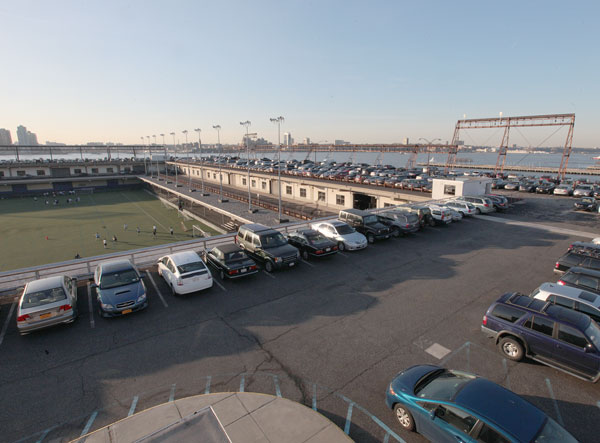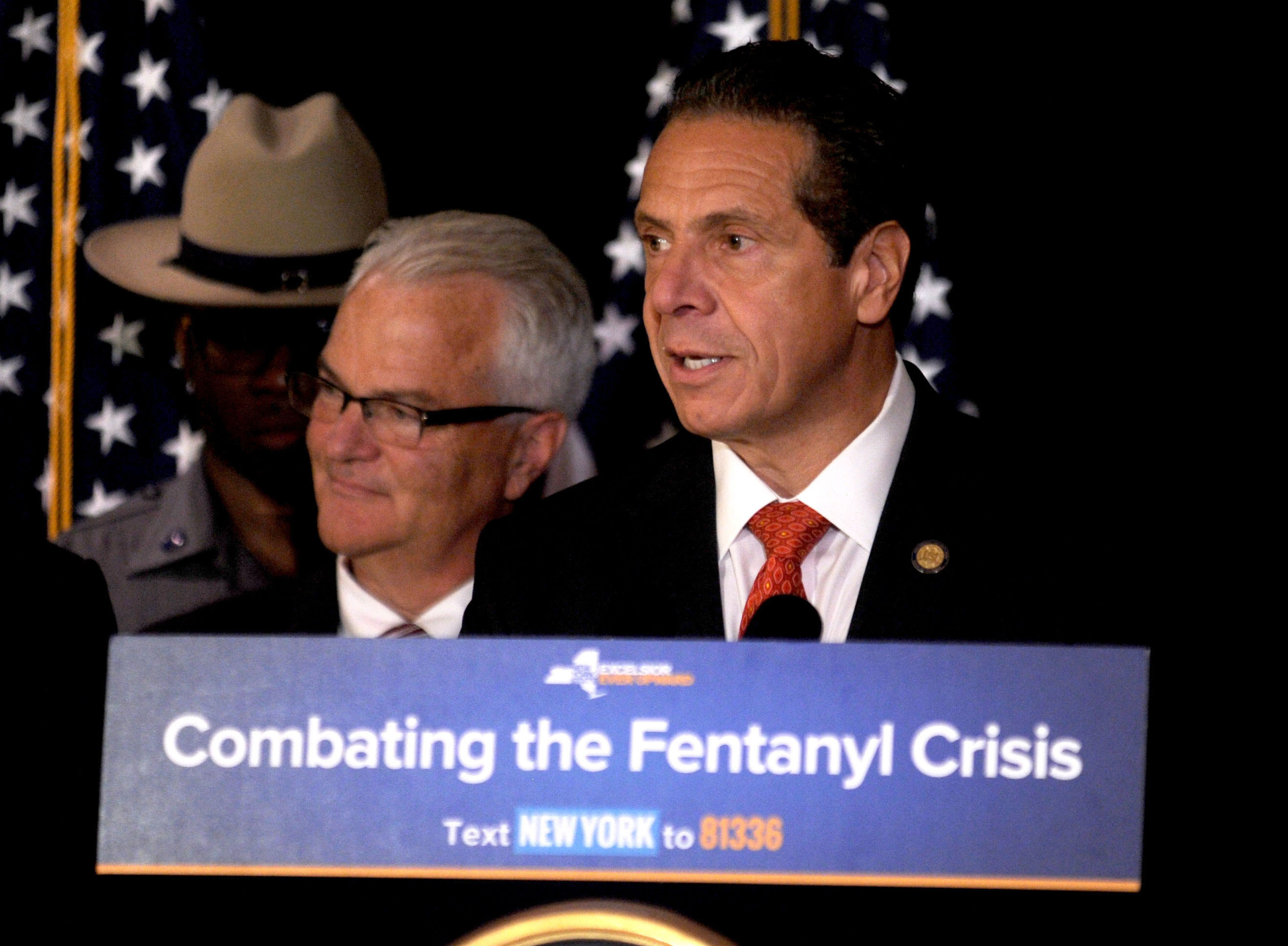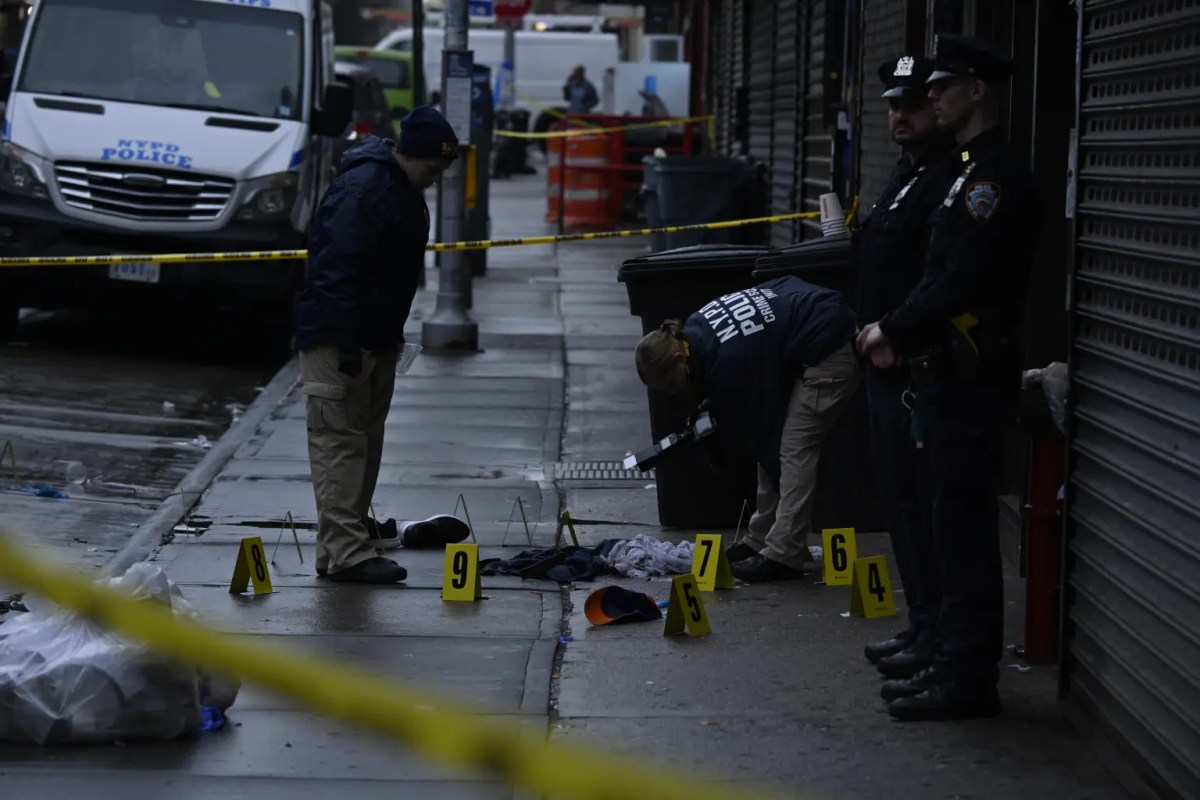
By LINCOLN ANDERSON | Last Friday, environmental and community groups opposed to allowing the Hudson River Park to sell its unused development rights one block inland from the park raised the alarm: After months of inaction since the bill passed the Legislature in June, it had suddenly been rushed to Governor Cuomo for his signature.
The bill is an amendment to the Hudson River Park Act of 1998, the founding legislation of the 5-mile-long waterfront park.
An e-mail sent to local Sierra Club members and supporters last Friday said, “Special interests have gone into overdrive in an all-out effort to get the Hudson River Park bill signed into law before it can be put before the public, reconsidered, and possibly stopped!”
In an e-mail blast last Friday, Lesley Doyel, of Save Chelsea, said, after four months of inertia, the sudden urgency to sign the bill was “clearly” due to Tuesday’s important election, as well as last week’s article in The Villager on community groups’ concerns over the air-rights transfers, plus growing “push-back” against the bill by local groups and some politicians.

This Tuesday, Assemblymember Richard Gottfried told The Villager, “The governor asked for the bill to be transmitted because he is ready to make a decision about it.”
Lower West Side community groups — in Tribeca, the Village and Chelsea — are extremely concerned about overdevelopment that could result from the air-rights transfers. They plan to hold an organizing meeting on Nov. 13 to strategize on their response on the issue.
A coalition of environmental groups, including the Sierra Club’s local chapter, NYPIRG and the Clean Air Campaign, are urging the governor to veto the bill, as was Save Chelsea, as well.
It’s estimated that the waterfront park, which stretches from Chambers St. to W. 59th St., currently has up to 1.6 million square feet of unused development rights that could be available for sale. Under the legislation, the air rights could be transferred one block inland from the park.
Beyond the air-rights issue, environmental groups have additional concerns about the legislation, which would also allow more commercial uses in the park, move the W. 30th St. heliport out into the Hudson River and permit barges to moor for up to six months at a time in the park for entertainment uses. In general, they also oppose development in coastal areas — including West St. and 11th Ave.
“Superstorm Sandy made it more urgent than ever to stop building non-water-dependent development in this stretch of the Hudson River, since anything built there will be battered by powerful winds, tides and currents, and will be especially vulnerable to storm and hurricane damage,” the Sierra Club said in its e-mail blast last Friday. “New York City’s new map of hurricane evacuation zones ranks the portion of the Hudson River governed by the Hudson River Park Act as Evacuation Zone #1 (out of 6), indicating the highest possible risk in any upcoming hurricane.”
Laura Haight, senior environmental associate for NYPIRG, noted it’s actually not necessary for Cuomo to sign the bill for it to become law: If he doesn’t sign it or veto it within 10 days of when it was submitted to him — meaning by Nov. 14 — she said, it will automatically become law. (Apparently, weekend days are not counted toward the 10 days.)
Gottfried confirmed that, if the governor doesn’t “take action” on the bill within the 10-day limit, it would be approved.
The Governor’s Office did not respond to a request for comment by press time on whether he would sign the measure.
The community was blindsided by the bill when it was suddenly passed at the end of the Albany legislative session in June. Its Assembly co-sponsors were Gottfried and Deborah Glick. The state Senate’s version had no sponsors. Haight, who was there watching the proceedings, said, to his credit, Hoylman, when he spoke on the state Senate floor before the bill was approved shortly after 5 o’clock on a Saturday morning, expressed concern that the community had not been adequately notified about the legislation or given a chance to weigh in on it.
Glick said the legislation’s big benefit is that it would protect the park from overdevelopment and also provide a new revenue stream, particularly for dilapidated Pier 40.
The Greenwich Village Society for Historic Preservation is one of the concerned groups participating in the Nov. 13 organizing meeting on the park air rights scheme.
Andrew Berman, G.V.S.H.P.’s executive director, said, “If the bill’s air rights provision becomes law, it will create an enormous potential for increased and oversized development along our waterfront, in a flood plain, directly adjacent to and casting shadows upon the very park it is intended to ‘save.’ This was an ill-considered provision that was passed by the Legislature with virtually no notice to or consultation with the affected communities.
“Requiring larger inland development as a condition of funding the park was never the intention of the original Hudson River Park Act.”

















